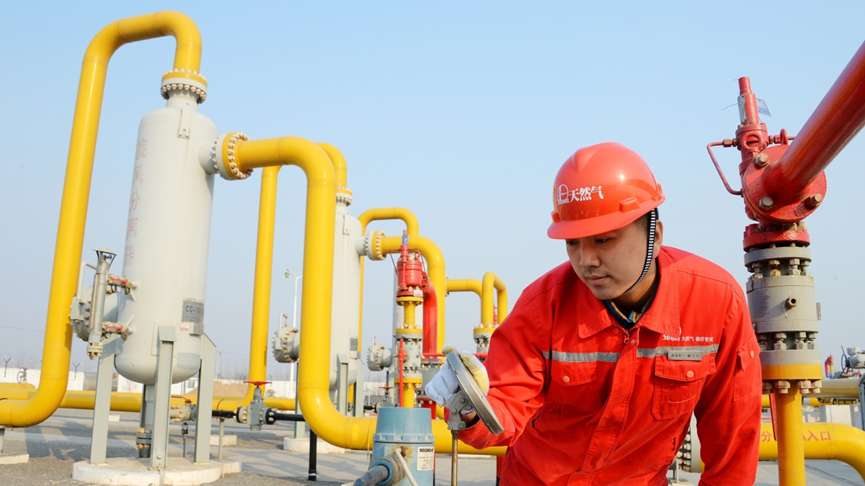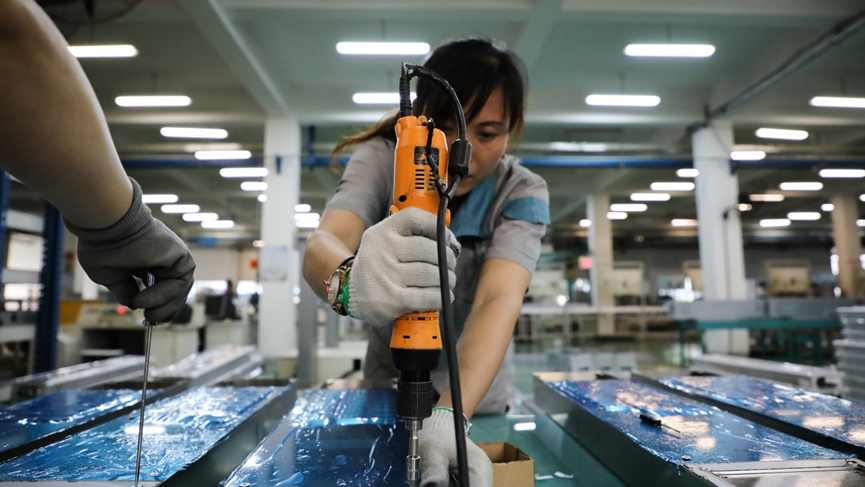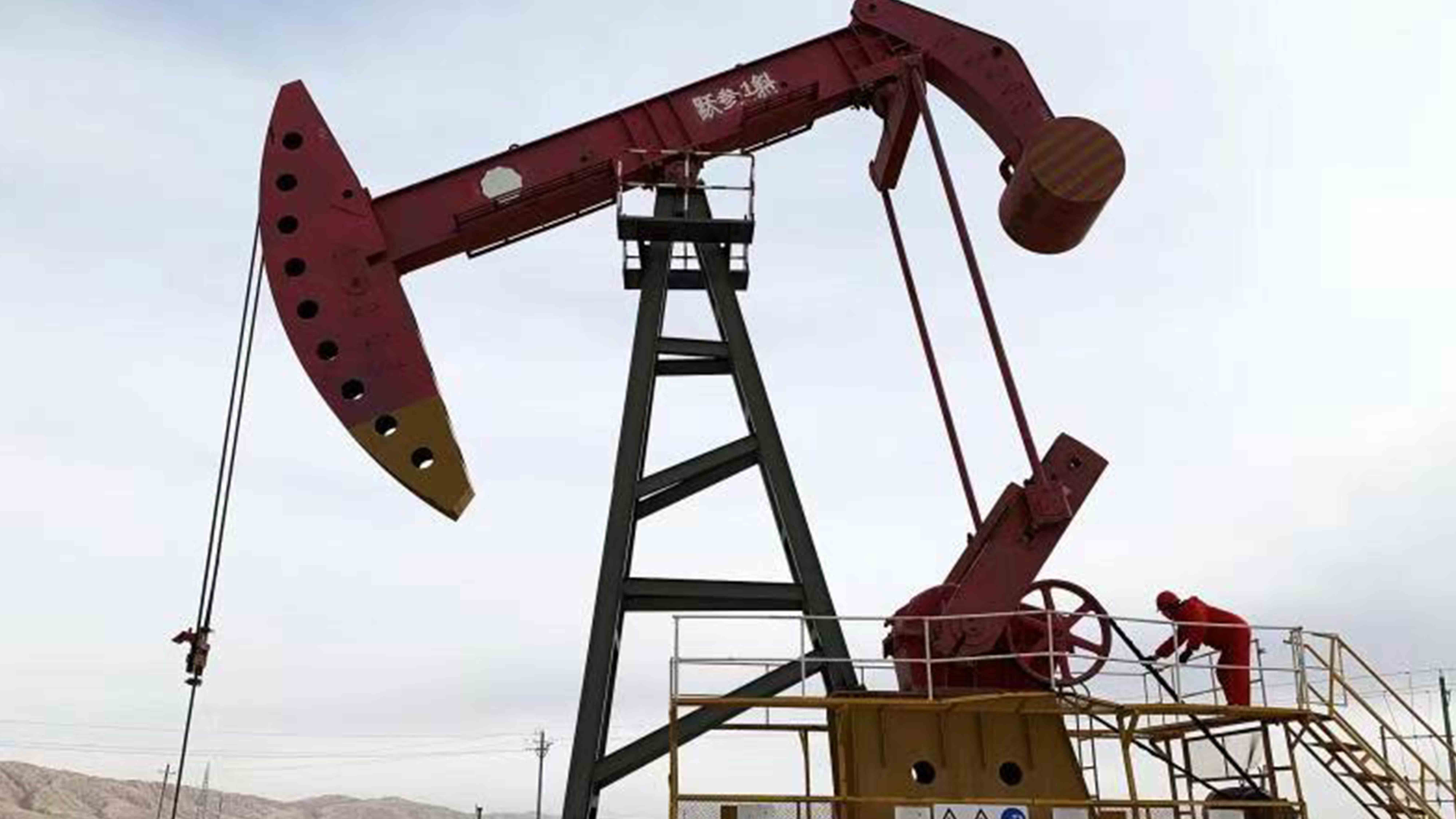
Opinions
18:09, 12-Dec-2018
Opinion: Why China needs to reform the 'pillar' of its economy?
Updated
17:55, 15-Dec-2018
By Closer to China with R.L. Kuhn

40 years ago, when the leaders of the Communist Party of China assembled to determine the development path of China, a large task loomed before them: first, to choose the best course of national economic rejuvenation and second, the suitable model of reform that could increase productivity in the countryside and accelerate industrialization nationally.
Led by Deng Xiaoping, chief architect of China's reform and opening up policy, they changed the then existing economic system in order to develop the society.
As the pillar of China's economy, state-owned enterprises (SOEs) are said to control the lifeline of the nation's economy and guarantee the stability of society.
What is needed today, recognized by almost every economist as pivotal to the future of China, is to reform SOEs and to coordinate the relationship between SOEs and the private sector.

Workers at a private enterprise making stadium elevators for the 2018 FIFA World Cup, northeast China's Liaoning Province, June 14, 2018 / VCG Photo
Workers at a private enterprise making stadium elevators for the 2018 FIFA World Cup, northeast China's Liaoning Province, June 14, 2018 / VCG Photo
To address the necessity of on-going SOE reform, Robert Lawrence Kuhn spoke with Bert Hofman, country director of the World Bank, and Fan Gang, vice chairman of China Society of Economic Reform.
As the World Bank country director for China, Hofman communicates with senior executives of many international companies that intend to invest in China, most of these companies were not willing to enter the sectors where there is state dominance.
Even though they know their own companies are much more competitive than SOEs - since they are more productive - and therefore could employ more people - to compete successfully in China against SOEs is deemed impossible.
01:17

For this reason, foreign capital, technology, and expertise do not enter China, which is a great loss for China. Without foreign competition, resource allocation inside China is inefficient.
However, according to Fan, the protective policies were introduced to help the then country's "infant industry" to grow at the very beginning.
Now, as these companies have become mature, China should introduce changes and reforms to establish a healthy atmosphere of fair competition. Only in this way could Chinese companies survive, grow, prosper, and eventually help China create a fair market and business environment.
(If you want to contribute and have specific expertise, contact us at opinions@cgtn.com.)

SITEMAP
Copyright © 2018 CGTN. Beijing ICP prepared NO.16065310-3
Copyright © 2018 CGTN. Beijing ICP prepared NO.16065310-3